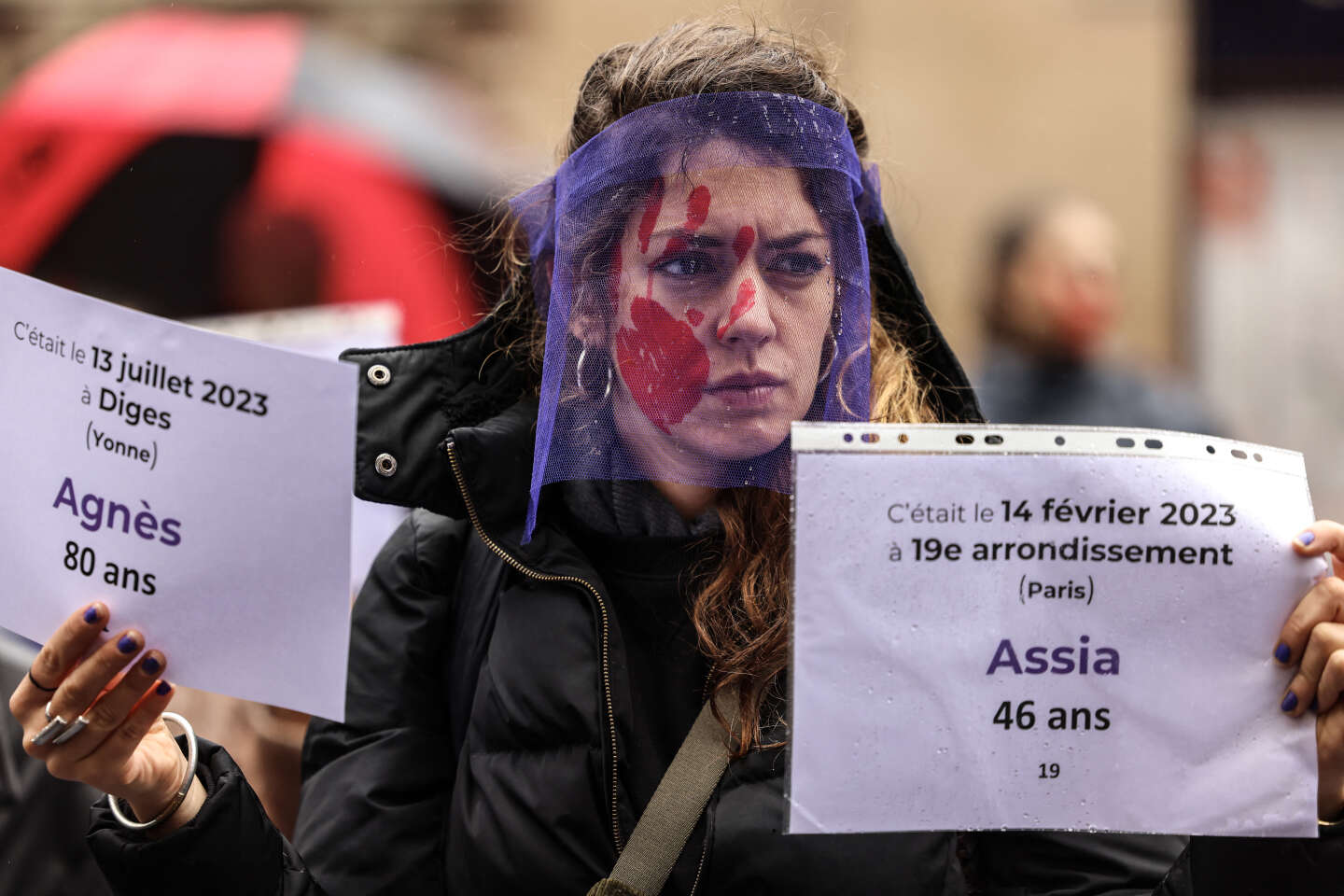


When new words make their first appearance in Le Monde, it is often within the firm framing of wary quotation marks. When the term femicide was first used 20 years ago, it was no exception. It has sadly since become commonplace, used repeatedly in our columns – 70 French-language articles in 2023 alone.
Its definition has yet to be widely agreed upon. This was demonstrated by a recent dispute between Justice Minister Eric Dupond-Moretti and feminist organizations over the number of intimate partner femicides perpetrated in France last year. While the minister celebrated a decline, women's organizations criticized Dupond-Moretti for downplaying the toll by employing a narrow use of the term.
The reality the word depicts − that victims are killed because they are women − is, at least, no longer obscured by vague terminology such as "homicide."
Bracketed by cautious quotation marks, the word was first used in Le Monde on September 11, 2003, long after it had been coined in English by South African sociologist and feminist Diane Russell in 1976. It appeared in the newspaper in the context of an analysis by journalist Paulo A. Paranagua on human rights in Latin America.
The city of Ciudad Juárez, Mexico, has been the site of hundreds of murders of women, which one organization has described as "serial sexual femicide," written in the singular along the model of the word genocide.
The term was used again on October 28, 2004, in an interview by Sylvain Cypel with Algerian feminist Wassyla Tamzali. She underlined the deteriorating status of women in her country as a result of "...rhetoric that has become aggressively femicidal." The word was still in need of a definition.
For years, the term was mainly used to describe the murder of women in Latin American countries. On December 18, 2004, for instance, Robert Belleret, special envoy to Guatemala City, applied it to the murders of 450 women in the space of a few months. On June 9, 2007, Claire Guillot used it to evoke an exhibition by photographer Guillaume Herbaut, who had documented the crimes in Ciudad Juárez.
The reality represented by the term was soon grasped across the ocean. Following the rape and murder of his daughter in Argentina, Jean-Michel Bouvier, a French civil servant in the budget ministry, published an op-ed on October 6, 2011, entitled: "Recognizing the crime of femicide." The father visited the scene where the body of his slain child, Cassandre, lay. "The idea dawned on me that the series of acts committed first against her freedom as a woman and finally against her life deserved a special category," he wrote.
You have 65% of this article left to read. The rest is for subscribers only.
